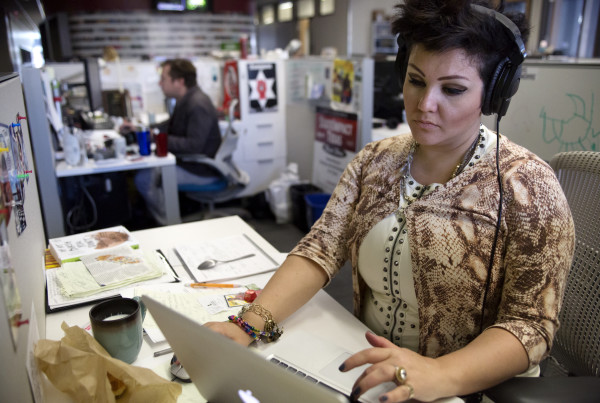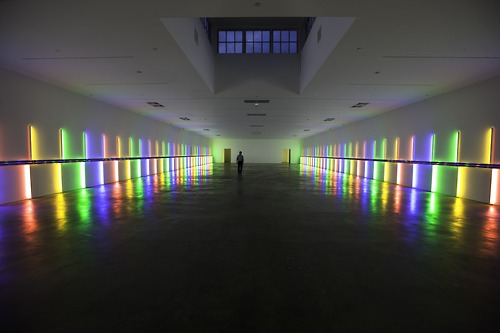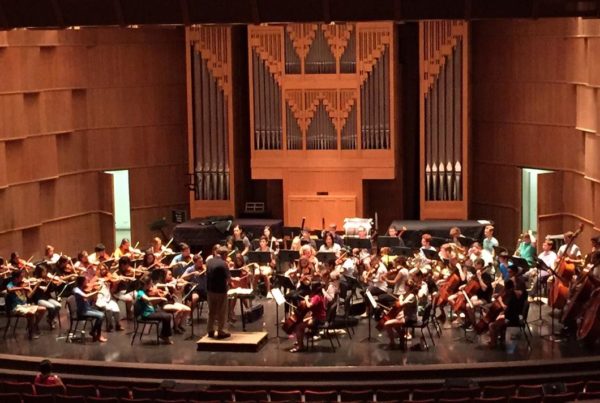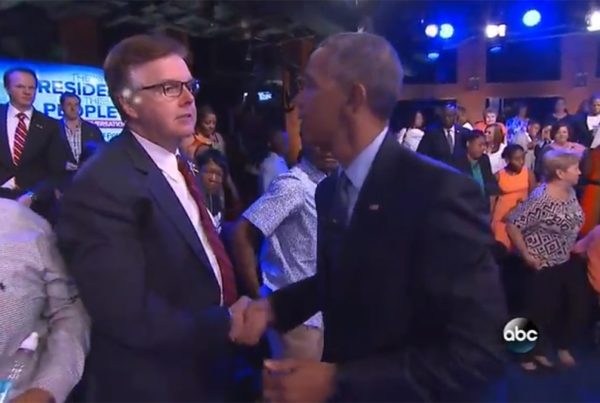An attack on innocent people once again tops headlines today.
We know dozens were killed when a truck drove into a crowd celebrating Bastille Day. We’ve heard among those killed were at least two Americans, Texans: 51-year-old Sean Copeland and his 11-year-old son Brodie of Lakeway, outside of Austin.
Reports today that they were on vacation, enjoying the fireworks just as so many others were when a man drove a truck onto the beachside promenade – a truck reportedly filled with weaponry. Officials are already labeling this a terrorist attack, certainly not the first in France in the past year.
Ryan Crocker has served as a U.S. ambassador to several countries in the Middle East. Crocker, now dean and executive professor at Texas A&M’s Bush School of Government and Public Service, says France doesn’t have a “good record” for integrating immigrants, particularly those from Muslim countries.
“There’s no justification for what happened in Nice,” he says. “But there is a problem in Europe of integration of, particularly, Muslim immigrants that we do not have yet in our country. We’re good hosts, we integrate well. I hope on the other side of this election it’s still the same. Frankly, I’m worried.”
What you’ll hear in this segment:
– How Europe’s problems integrating Muslim immigrants could be imported to the U.S.
– Why America’s history as a nation of immigrants can keep both the U.S. safe while protecting civil liberties of its Muslim immigrants
– The capacities of the U.S. counterterrorism agencies have expanded since 9/11: security measures are “exponentially greater than they were”
















